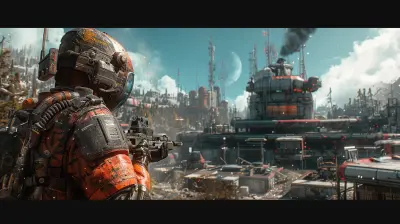The Role of Diplomacy in Grand Strategy Games
15 November 2025
When it comes to grand strategy games, diplomacy isn’t just an afterthought—it’s the glue that holds the entire experience together. These games aren’t just about building huge armies or conquering lands like some power-hungry warlord (although that’s fun too). Diplomacy adds a layer of complexity, requiring players to think beyond brute force. It’s where relationships are forged, alliances are made, and betrayals unfold in spectacular fashion. Honestly, without diplomacy, grand strategy games would feel as hollow as an empty treasure chest.
So, if you’re venturing into the world of grand strategy games—or you’re already a seasoned conqueror wondering how to up your game—let’s talk about why diplomacy is such a big deal, how it works, and how you can master it. Grab your metaphorical quill, dear strategist, because this is where the magic happens.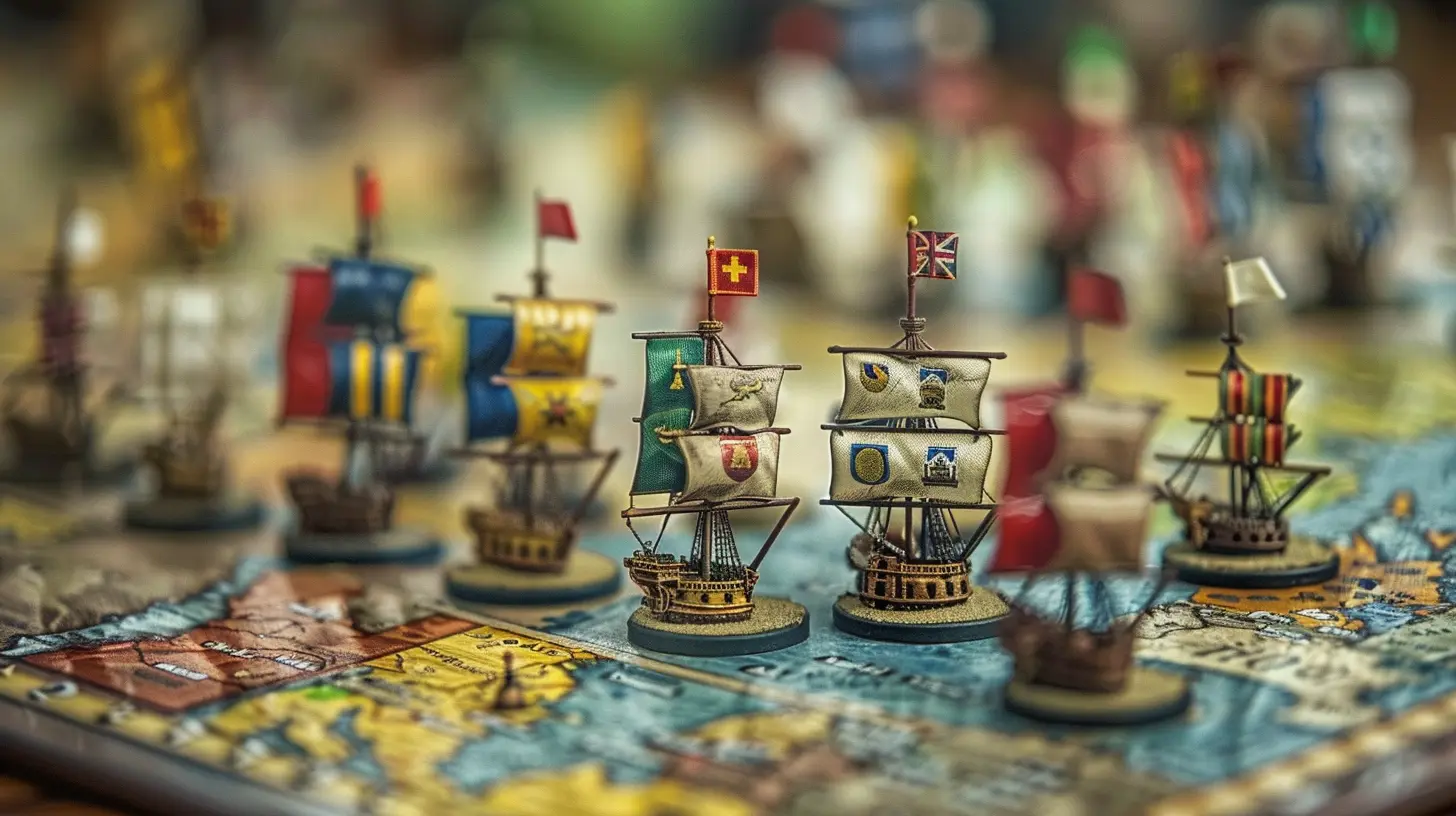
What Is Diplomacy in Grand Strategy Games?
Diplomacy in grand strategy games refers to the interaction between factions, nations, or empires. It’s not just about making deals; it’s about creating opportunities, avoiding catastrophes, and outsmarting your rivals. Think of it like chess but with politics, alliances, and sometimes thinly veiled threats.In games like Europa Universalis IV, Stellaris, or the Total War series, diplomacy is often the difference between thriving and barely surviving. Whether you’re negotiating trade deals, forming powerful coalitions, or manipulating others into doing your dirty work, diplomacy brings a level of nuance that makes every encounter feel alive.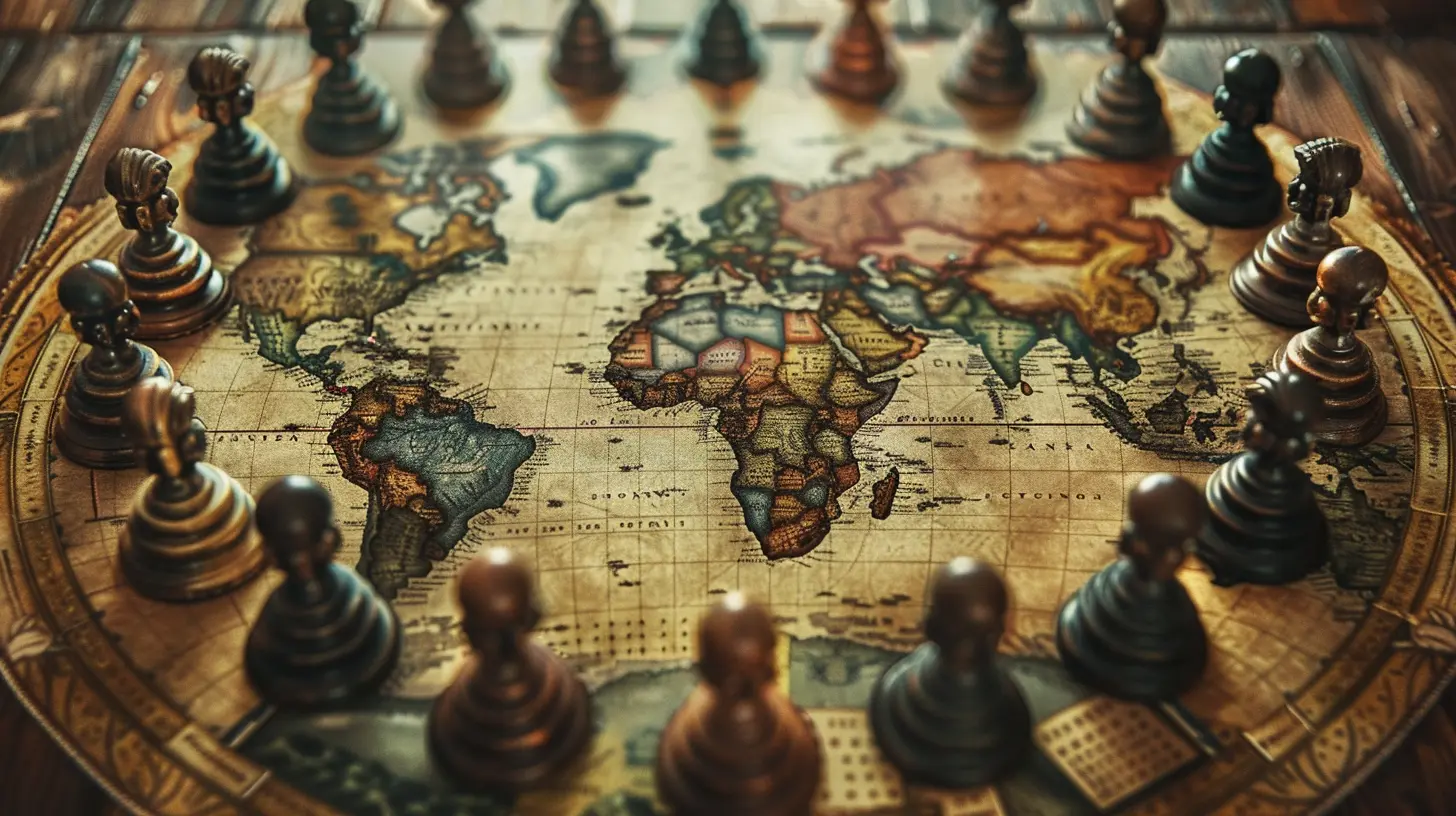
Why Diplomacy Matters in Grand Strategy Games
1. It’s Not Always About War
Sure, war might be the shiny, explosive centerpiece of many grand strategy games, but let’s face it—you can’t win every war. Sometimes, you’re outnumbered, underfunded, or just plain unlucky with RNG (random number generation). This is where diplomacy swoops in like your knight in shining armor.Instead of brute-forcing your way to victory, diplomacy allows you to work smarter, not harder. Can’t take on that mega-empire single-handedly? Convince their neighbors to gang up on them with you. Low on resources? Forge a trade deal instead of stealing it through battle. Diplomacy opens up avenues when war seems like a dead-end.
2. Adds Realism and Depth
If every encounter boiled down to "attack or retreat," these games would get boring fast. Diplomacy injects realism into the gameplay. After all, in real-world history, no empire marched to dominance without a little back-room scheming and smooth-talking. Grand strategy games mirror this beautifully by simulating how empires interact in ways that feel authentic and meaningful.3. The Thrill of Negotiation
Ever tried convincing an AI nation in Civilization VI to ally with you while secretly planning to betray them? The thrill is real. Diplomacy is like a game within a game—every conversation, every treaty, every alliance feels like a chess match. You’re always calculating: What do they want? What do they need? And most importantly, how can I use this to my advantage?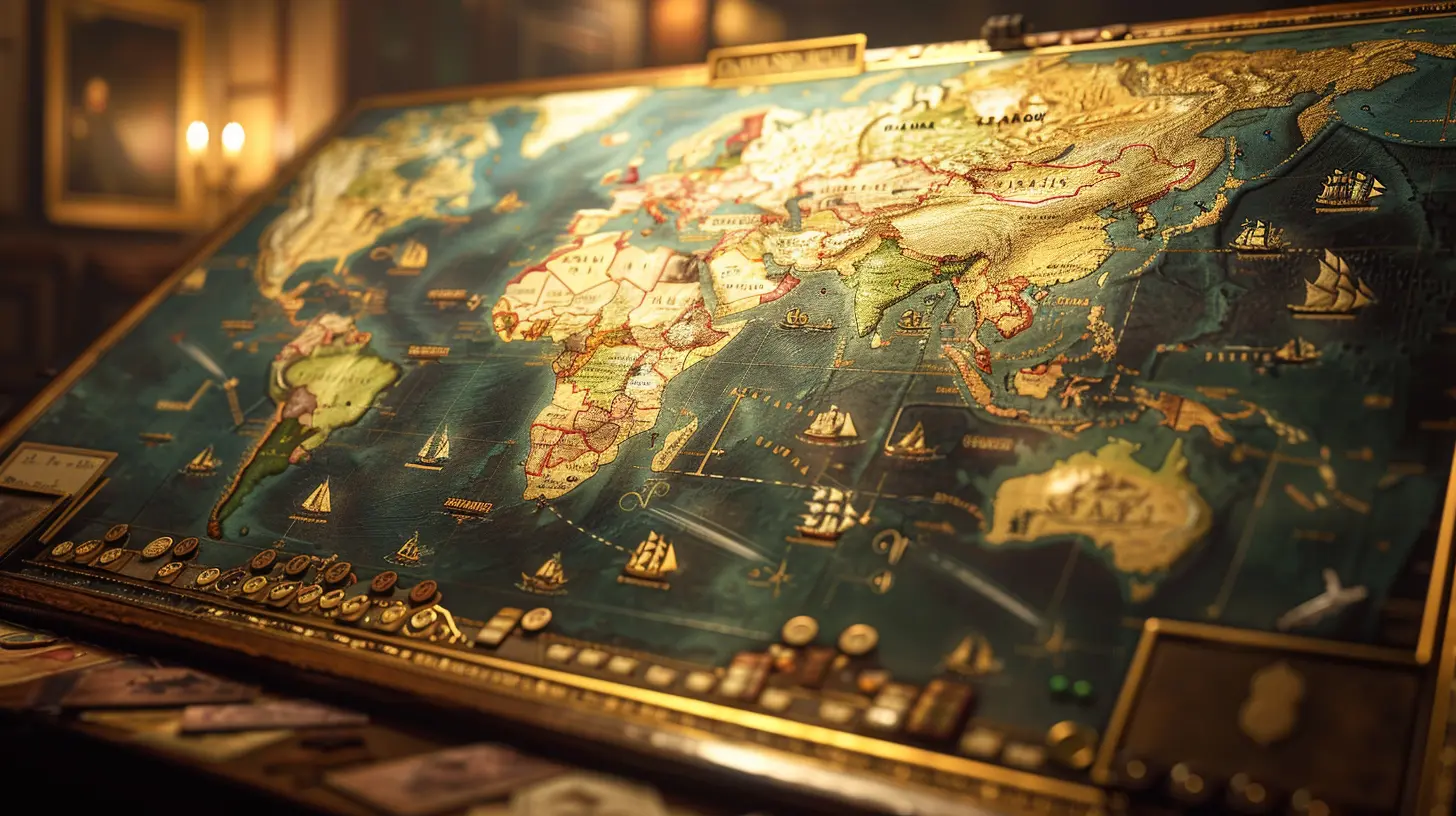
The Pillars of Diplomacy in Grand Strategy Games
Understanding diplomacy mechanics is crucial. While each game has its own specific system, there are some universal principles to keep in mind.1. Alliances and Coalitions
Alliances are the bread and butter of diplomacy. Whether it’s a defensive pact or a full-blown coalition, teaming up with other factions can strengthen your position. But alliances are a double-edged sword—you don’t want to be dragged into unnecessary wars. Choose your friends wisely.Coalitions, on the other hand, often form to counterbalance overly aggressive players. If you’ve been steamrolling through the map, don’t be surprised if everyone gangs up on you. Pro tip: Sometimes, it’s better to lie low and make amends before things spiral out of control.
2. Trade and Economy
Money makes the world go round, and the same goes for grand strategy games. Trade agreements and economic deals can be just as valuable as military alliances. Need gold to fund your army? Trade resources with your neighbors. Have excess goods? Sell them off and build a stockpile of wealth.In games like Stellaris, trade networks are not just about profits—they’re about influence. By controlling trade, you can quite literally buy loyalty.
3. Espionage and Manipulation
Some games take diplomacy to the next level by adding espionage mechanics. Why play fair when you can plant a spy in your rival’s council or spread propaganda to destabilize them? Espionage is like the dark arts of diplomacy—a little shady but oh-so-satisfying.Take Crusader Kings III, for instance. Want to disband an alliance between two rival kingdoms? Fabricate a scandalous rumor. The beauty of espionage is that it allows you to shape the diplomatic landscape without ever firing a shot.
4. Reputation and Trust
Diplomacy isn’t just about what you do; it’s about how others perceive you. In games like Europa Universalis IV, your reputation matters. If you’re constantly breaking promises or betraying allies, no one will trust you anymore. And trust me, being the diplomatic equivalent of a snake will make your life a lot harder.On the flip side, a good reputation means others are more likely to ally with you, trade with you, and even fear betraying you. Balance is key—be ruthless when necessary, but don’t burn bridges unless completely unavoidable.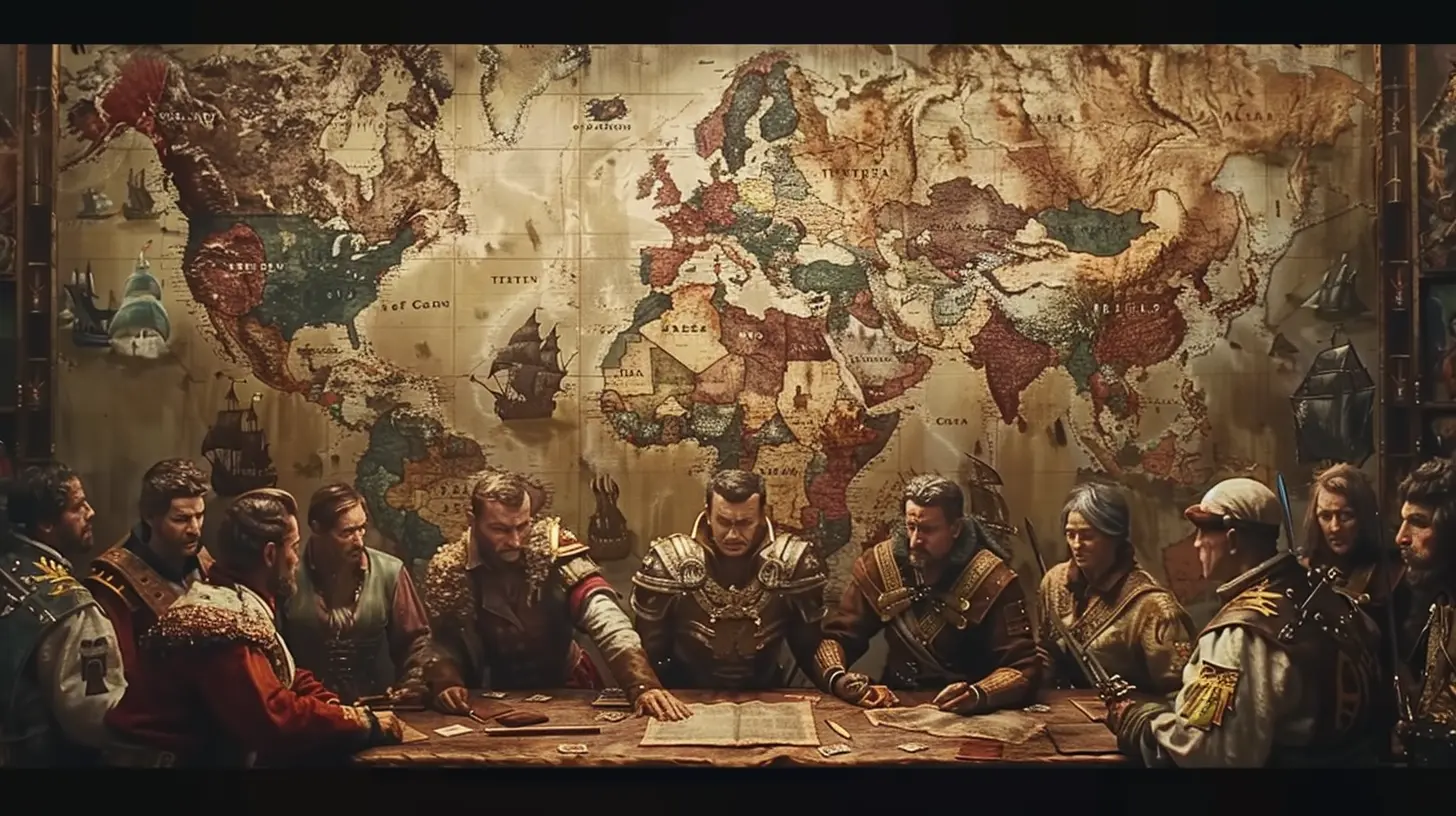
Tips for Mastering Diplomacy in Grand Strategy Games
1. Learn the AI’s Behavior
Every game’s AI behaves differently. Some factions prioritize loyalty, while others are opportunistic and quick to betray you. Take time to observe how the AI responds to your actions. Once you understand their "personality," you can manipulate them more effectively.2. Use Leverage Wisely
Diplomacy is a game of give-and-take. Don’t offer everything on a silver platter—always keep a card up your sleeve. If you’re negotiating peace, for instance, don’t give away your most valuable territory unless absolutely necessary. Leverage is the backbone of successful diplomacy.3. Think Long-Term
It’s tempting to focus on immediate gains, but diplomacy requires long-term thinking. That treaty you sign today could come back to haunt you if it empowers a future enemy. Always consider the ripple effects of your diplomatic moves.4. Stay Flexible
The diplomatic landscape can shift in a heartbeat. New alliances form, wars break out, and opportunities arise unexpectedly. Stay adaptable and don’t lock yourself into rigid strategies. Sometimes, the best move is to pivot your plans entirely.The Emotional Rollercoaster of Diplomatic Betrayals
No discussion about diplomacy would be complete without addressing betrayals. There’s nothing quite as soul-crushing—or exhilarating—as a perfectly executed betrayal. Maybe you’ve spent dozens of in-game years building a strong alliance, only to watch your so-called "friend" stab you in the back at the worst possible moment. It’s infuriating, sure, but it’s also what makes grand strategy games so memorable.On the flip side, being the one to orchestrate a betrayal? That’s chef’s-kiss level of satisfaction. It’s the gaming equivalent of flipping the board in Monopoly after declaring victory.
Diplomacy Is the Heartbeat of Grand Strategy
At the end of the day, diplomacy is what makes grand strategy games feel alive. It challenges you to think critically, read between the lines, and make decisions that go beyond the battlefield. Whether you’re brokering peace or starting a cold war, diplomacy keeps you hooked with its endless possibilities.So, the next time you fire up your favorite grand strategy game, don’t just focus on building armies and sieging castles. Dive into the intricate world of diplomacy and see how far your silver tongue can carry you. Who knows? You might just talk your way to victory.
all images in this post were generated using AI tools
Category:
Strategy GamesAuthor:

Emery Larsen
Discussion
rate this article
1 comments
Haze Hamilton
I'm fascinated by how diplomacy shapes strategies! What are the most unexpected diplomatic outcomes you've seen?
November 19, 2025 at 4:54 AM

Emery Larsen
One unexpected outcome was the *Treaty of Tilsit* (1807), where Napoleon and Alexander I shifted their strategies towards mutual cooperation, altering the balance of power in Europe in unforeseen ways. Such alliances can dramatically reshape gameplay dynamics in grand strategy games.


